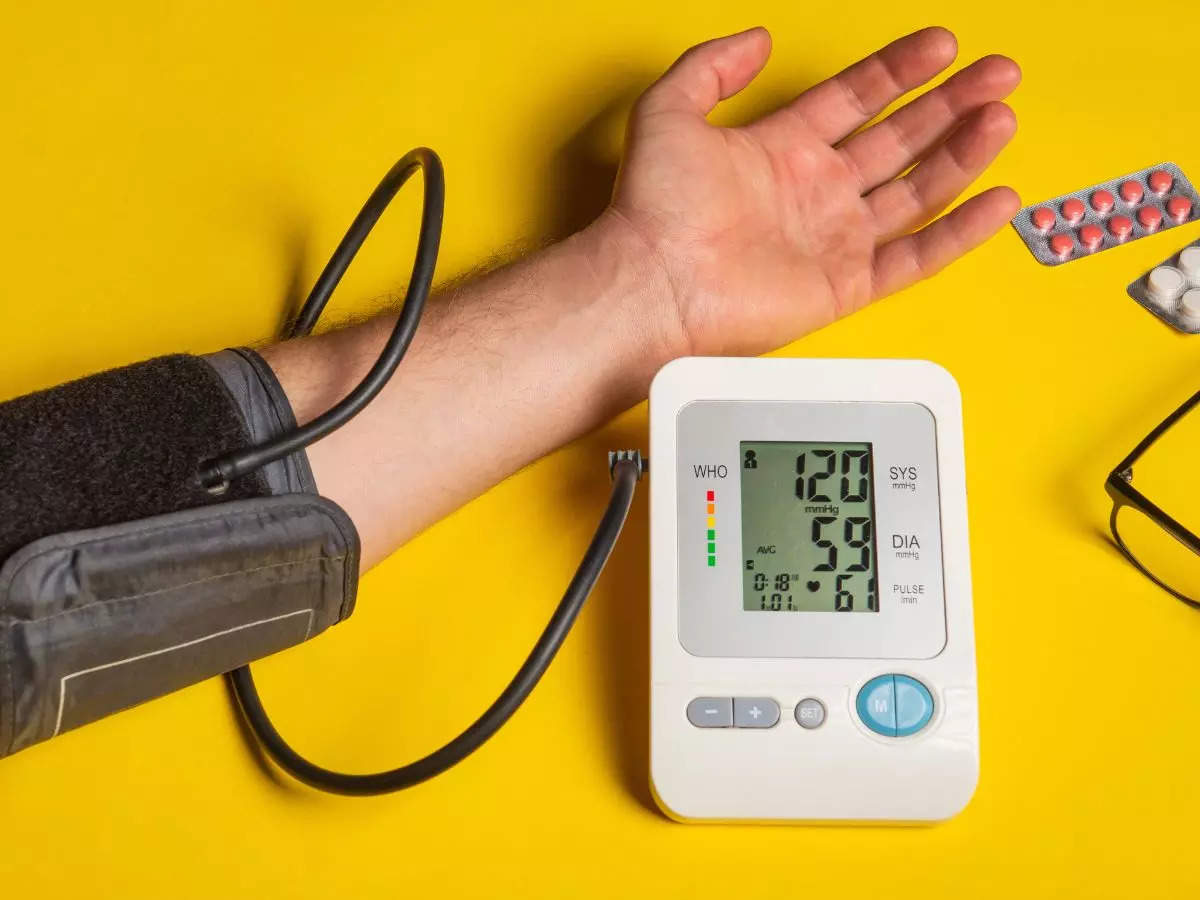TIMESOFINDIA.COM | Last updated on – Nov 12, 2023, 00:00 IST
Here are some risk factors that can lead to hypertension in women
In global health, hypertension emerges as a prevalent concern, affecting almost 1.28 billion adults aged 30–79 years, as per World Health Organisation. However, what makes this statistic even more noteworthy is the revelation that two-thirds of these individuals reside in low- and middle-income countries. Hypertension, or high blood pressure, is silent but a challenging issue, demanding our attention for its potential serious implications. Here are 5 shocking reasons why women, in particular, find themselves affected with hypertension.
What is Hypertension?
Hypertension, or high blood pressure, happens when the force of blood pushing against the walls of your blood vessels is too strong, like reaching levels of 140/90 mmHg or even higher. While prevalent, its implications can escalate into a serious health concern if left untreated. Individuals with high blood pressure often do not experience noticeable symptoms, making it a silent disease.
Here are some reasons for hypertension seen in women.
Advertisement
Being overweight or obese
Beyond its impact on the scale, obesity proves to be a significant contributor to hypertension among women. Research published in the US National Library of Medicines, indicates that approximately 20–30% of hypertension cases are linked to being overweight or obese. The implications are staggering, with a 2–6-fold increase in hypertension prevalence among those carrying excess weight. The silver lining? Initiating a journey towards a 5–10% reduction in body weight directly correlates with a decrease in cardiovascular risk factors, including hypertension.
Read also: Harmful side effects of consuming too many multivitamins
Sedentary lifestyle
The modern sedentary lifestyle, characterized by prolonged periods of inactivity, goes beyond mere preference, it poses a genuine risk factor for hypertension among women. Emphasizing the significance of movement, physical inactivity doubles the risk of cardiovascular diseases. However, the antidote to this sedentary dilemma lies in regular, mild-to-moderate aerobic activities. Engaging in such exercises presents a transformative opportunity, resulting in a notable 5 to 8 mmHg reduction in blood pressure.
Moderation is important
While the clinking of glasses may be synonymous with celebration, excessive alcohol intake (approximately 40g/day or 3 drinks) raises the stakes in the hypertension game. Research finds correlation between reduced alcohol consumption and a subsequent decrease in blood pressure, independent of weight loss.
Sodium could be a reason too
Sprinkle of salt can harbor a silent danger, elevating blood pressure. In the science of nutrition, evidence supports the notion that a modest reduction in sodium intake is closely associated with lower blood pressure levels. This underscores the importance of vigilance in monitoring and curbing our salt consumption, as even small adjustments can yield significant benefits for cardiovascular health.
Read also: Are you taking too much turmeric? Side effects you should know about
Pregnancy complications
The journey of motherhood, though transformative, may leave a mark on a woman’s cardiovascular health. Preeclampsia (PE), a pregnancy complication characterized by elevated blood pressure, extends its implications beyond childbirth.
Advertisement
Prevention tips
As hypertension poses a challenge, the power to control it lies in proactive lifestyle changes that extend beyond blood pressure management. Here’s a guide for women eager to take charge of their cardiovascular health, as per World Health Organisation:
– Include a diet rich in vegetables and fruits.
– Infuse regular activities with exercises like walking, running, or dancing.
– Start doing strength-building activities.
– Aim for at least 150 minutes of moderate-intensity aerobic activity per week.
– Initiate weight loss efforts if necessary.
– Adhere to medication prescriptions and maintain regular health care appointments.
Expand

Sarah Carter is a health and wellness expert residing in the UK. With a background in healthcare, she offers evidence-based advice on fitness, nutrition, and mental well-being, promoting healthier living for readers.








